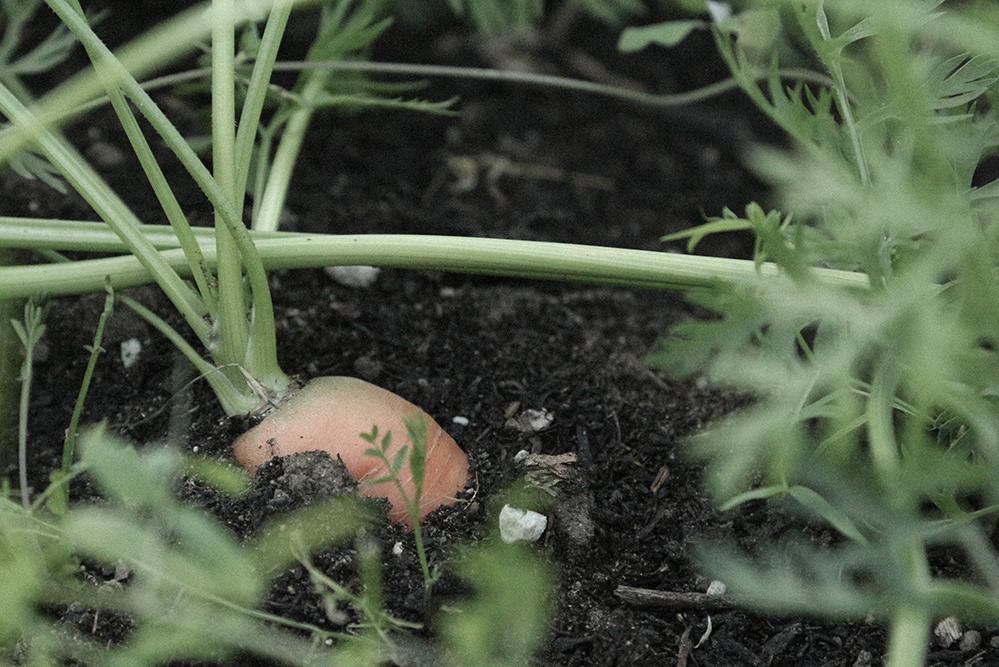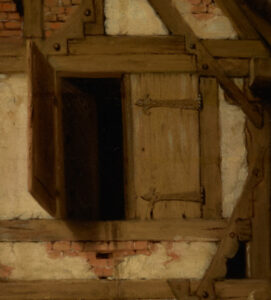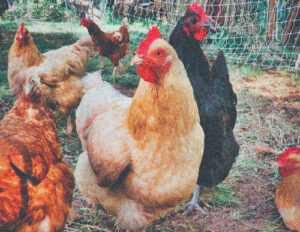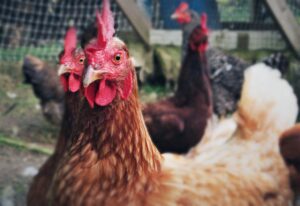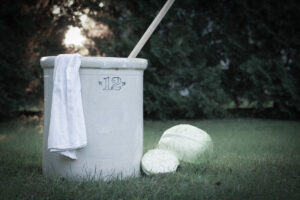Finding My Way Back To Reality
A Raised Garden's Humble Roots

Mr. Nathan Runde
This spring I built a raised vegetable garden. I built a raised vegetable garden from boards milled from an old oak tree. In fact, I built a raised vegetable garden from boards milled from an old oak tree that were planed down by my wife’s grandfather on his farm in rural Wisconsin. This raised garden has roots.
My wife’s grandfather was a man who built his first house with his own two hands. He was the kind of man who had a massive garden, weeded to perfection. He was the kind of man who canned hundreds of jars of fruits and vegetables every summer and in the fall pressed gallon upon gallon of fresh apple cider. He used to donate heaps of produce to the local school, and he was a proud patron of any local business. He was a down to earth, humble kind of man.
My own father has twenty five raised vegetable gardens (not including flower beds, he is sure to note), a chicken coop, and a small orchard. He was a farm boy who grew up to be a landscaper. But, as the saying goes, “you can take the boy out of the farm, but you can’t take the farm out of the boy.” So, that farm boy is showing clearly again as my father has now downscaled his landscaping business to upscale his garden. In the summertime, my mother often proudly proclaims, “Our grocery bill is cut in half!” My dad also saves everything and can often be found tinkering with a new garden tool with reused materials. My father is a down to earth, humble kind of man.
The word “humble” is a rather elusive adjective that’s worth taking a moment to explore.
The term has its roots in the Latin word humus which translates to ground, earth, or soil. So, the word “humble” is well encompassed by our English phrase “down to earth.” But this phrase might still remain a bit ambiguous. So what does it mean for someone to be “down to earth”, to be humble?
Humility is being integrally rooted in the labor and processes involved in sustaining human life. In a word, to be humble is to be grounded in reality.
To be humble, to have humility, is to live like these two great patriarchs of my family. Humility is working the soil and cooperating with the bugs and the beasts. Humility is knowing what kind of work it takes to construct your own house by hand. Humility is having to look the untamable elements in the face and say, “You are utterly wild, but perhaps we could be partners.” Humility is being integrally rooted in the labor and processes involved in sustaining human life. In a word, to be humble is to be grounded.
On the other hand, a lack of humility might look like this: I wake up in my gas-heated home and don my cotton clothes made in some sweatshop thousands of miles away. I scramble up a few eggs, forty-nine cents per dozen! Where did these even come from? I bundle up to the point of complete insulation from the elements and sprint outside to my car, where the remote start has prepared a toasty sauna for me. Then as I drive to my job, I need to roll my window down to let some winter air in because I’m sweating. At lunch I throw away my “Happy Cows” cheese stick because I’m not hungry for it. The cow on the package smiles up at me from the mound of waste, reading “Happy cows come from California.” I think for a moment about Wisconsin being the true dairy state — how could any self-respecting cow be happy anywhere else? But I don’t think of everything it took to get that little cheese stick here: the farmer, the cow, the factory worker, the trucker. I just move on. I am disconnected from my roots. You may have noticed that I continually used the personal pronoun “I”. That’s because I am not speaking in the abstract; this is my life.
I would like to replant my roots in the humble soil that my fathers tilled for me. This raised garden bed is the beginning of my return to contact with reality.
I may not be completely disconnected from reality, but somewhere along the line, I have become removed from the labor and processes that it takes to sustain my lifestyle. I live in my city home. I buy all my groceries from the store. I regularly shop from the corporate giants that dominate the U.S. supply chain. I have become uprooted. That’s where this raised garden comes in.
I would like to replant my roots in the humble soil that my fathers tilled for me. This raised garden bed is the beginning of my return to contact with reality. It is a start to befriending wild nature and cooperating with its Creator. It is a step outside of my cushy modern life into the rugged, rustic, humble lifestyle that calls out to me from my roots. It is my first attempt at reconnecting with the way of life that my father and my wife’s grandfather showed me.
Now it is autumn. The trees are changing color, the air is cold, and my little garden is saying its golden-leafed farewells. But the harvest was good; it helped provide for my family this year, at least in some small way. And we’ve canned fifteen jars of food! It’s not much, really, but it is a start. Perhaps, like myself, you feel a bit swept away in your modern lifestyle. Perhaps you have a nagging sense that something is wrong here. Perhaps you feel uprooted and wondering how to get back. I don’t write this to guilt-trip anyone nor to completely condemn the comfort of modern life, but I do write this to encourage you to take a small step with me back to our humble roots. Maybe next spring you should build a raised vegetable garden. Maybe next spring I should build my second.
